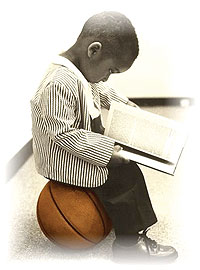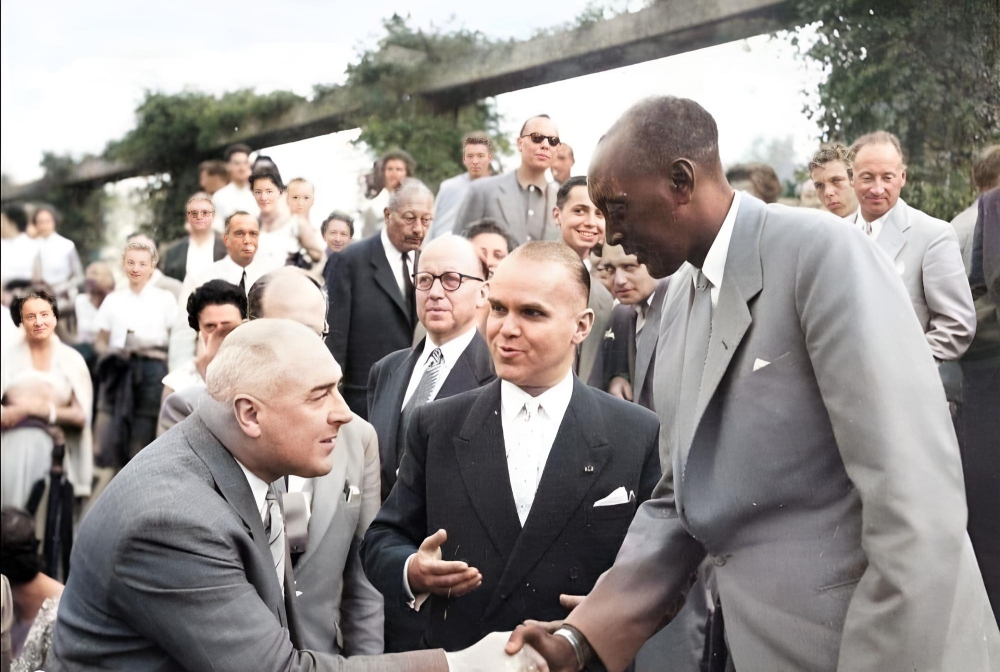It’s often very amusing how a child’s brain works. Sometimes children say things that make you wonder where in the world the child got a thought from.


It’s often very amusing how a child’s brain works. Sometimes children say things that make you wonder where in the world the child got a thought from. Children attribute things they can’t understand to magic; later, with the aid of language and education, they gain a concept of who they are, and then begin to search for life’s meaning. And a parent needs to guide a child in this journeyJohn Maridadi spends a lot of quality time with his children. His son Thierry Maridadi, when he was two, believed that, his dad spent some time inside a mobile phone, because he heard his voice come out of the small contraption. And when asked where the sun went at night he would say "it goes under the ground”. We adults are amused by the concept of a man inside a phone or the sun going underground but these beliefs are real to children. We need to understand the reasoning behind children’s wild imagination, but in most cases, reassurance and understanding is enough to allay a child fears and puzzlement.In her book The Magic Years, Fraiberg an expert in child handling, states that "The baby is motivated to satisfy his own needs. His first thought activity is to remember pictures: pictures of the breast or bottle or mommy, for example. As soon as he learns the name of the object he requires to satisfy his needs, he uses that word to call back the picture of the breast or bottle or mommy, and he can wait to be satiated by repeating the word when alone in his crib”.She continues, "soon after the age of two the concept of "I” emerges. The conflict between what his body urges him to do to bring satisfaction and the physical and social restrictions of reality come into conflict. He learns that he can control the body wish by sublimating that wish for an imagined alternative. For example, I want a horse becomes a game where a stick is imagined to be a horse. Parents can employ the principle of substituting another activity (redirection) when the child is misbehaving”As a parent it’s very important to put yourself in your child’s shoes and try to think like they do in order to guide the child well. More often than not, they ask a lot of questions that you may find meaningless, but to a child they carry a lot of sense. The appropriate way to tackle this is to guide your child and teach them. This will increase the bond between the both of you.






